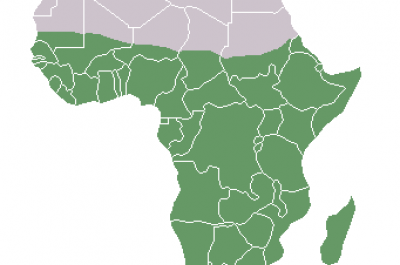Applied Political Settlements Theory in Africa
In developing countries, domestic politics is characterised by clientelism, i.e. patron-client networks and political mobilisation through the exchange of political support in return for material benefits. This clientelistic nature of politics is well documented, but there are very different ways of understanding the logics driving clientelism. Political Settlements theory provides a systematic set of conceptual tools to think about different types of clientelism, their drivers, and their implications for state agencies, economic development, and democratic processes. A broad array of scholars have started using Political Settlements theory over the past five years, but there is significant variation in how these scholars employ the concept of political settlement.
This workshop is aimed primarily at PhD scholars working on sub-Saharan Africa. We will critically appraise different approaches to Political Settlement theory as it is applied to specific topics such as elections, decentralization reforms, land investments, and social service provision. Experts in the field will work with PhD scholars to help them develop causal linkages between the macro theoretical framework of political settlements and a political economy analysis of their specific research topic.
The workshop is open to PhD candidates who are using political settlements theory in their dissertation. There are a maximum of 15 spaces available, and preference will be given to the strongest abstracts. PhD students interested in participating must send a title and 250 word abstract of their research question and how they are using political settlements theory in analyzing their research question. A few readings will be circulated as background reading for the introductory session. All PhD participants will be required to submit full papers two weeks before the workshop (max 10,000 words), and these papers will be circulated to the keynote speakers and all participants.
The keynote speakers include Associate Professor Lindsay Whitfield (Roskilde University), Associate Professor Lars Buur (RU), Associate Professor Hazel Gray (Edinburgh) (TBC) and Dr. Pritish Behuria (LSE Fellow in International Development).
A catered lunch will be offered on the first day and a dinner for workshop participants on the evening of 5 September. Participants will be responsible for their own travel and accommodation.
Date and location:

